Why we don’t have more evidence?
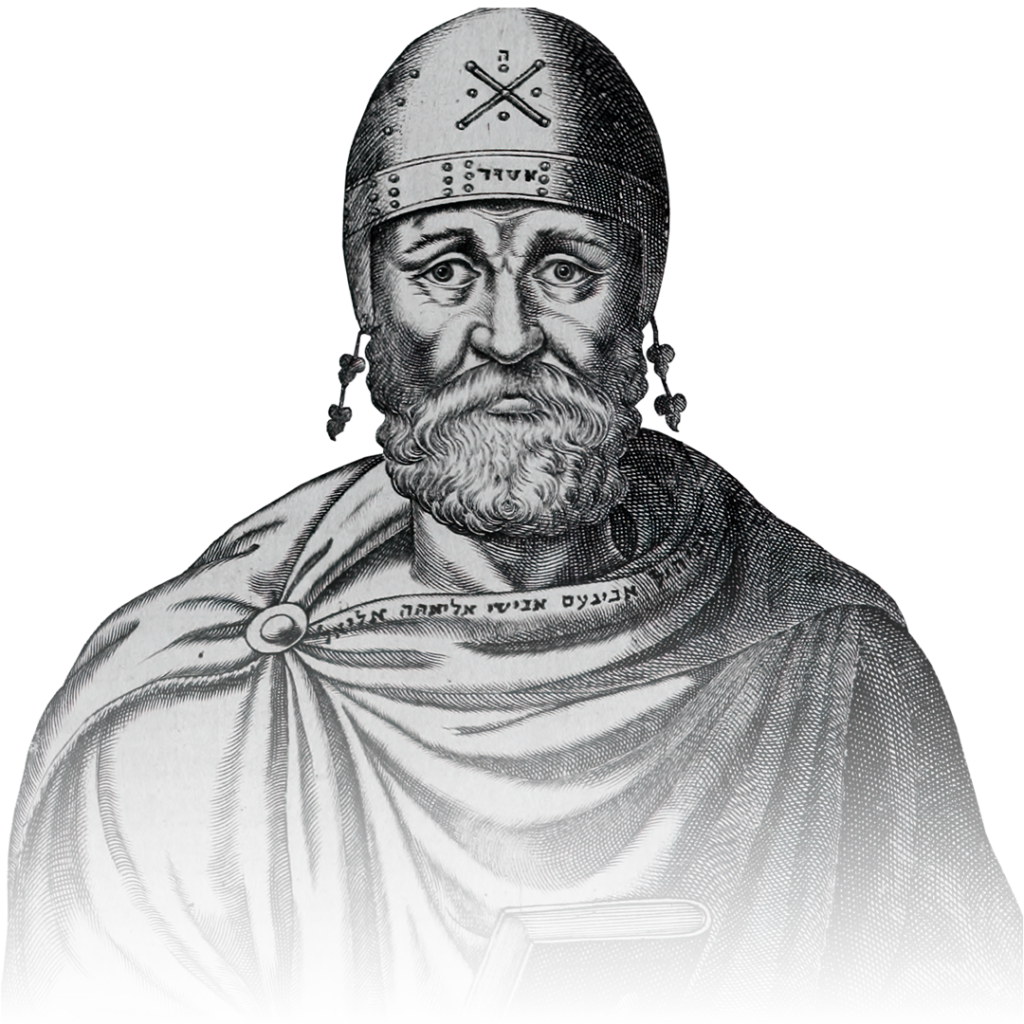
…
Atheist Earl Doherty argues that if Jesus was so extraordinary (miracles, exorcism, etc.), why don’t we have more evidence for his existence? Philo, Justus, Pliny, they are all silent on the existence of Jesus1.
These disputable facts are misleading because they are taking out of context.
Jesus in context
- they live in an oral culture (not everything is recorded)
- people who could write are hard to find
- oral tradition dilute with time if not recorded on paper
- Christians expected Jesus to come back during their lifetime, so they don’t need to preserve a biography of Him
- the vast majority of ancient texts are lost
- it would help if you had scribes to copy them over
- they might have mention Jesus
- the 24 authors (mostly Greco-Romans) only wrote about what interested them in their field of expertise4
- a crucified man from Palestine was irrelevant
- in the same way, an atheist can also ignore any claims of supernatural coming from anywhere
- an eyewitness of Jesus are mostly poor peasant
- only 8 authors published anything in the 1st century CE from Palestine
- 6 are Christians
(Matthew, Mark, John, James, Jude & Peter)
- 6 are Christians
- 2 others are Josephus (born after Jesus) & Justus of Tiberias (lost works) – both of them couldn’t be eyewitnesses (Philo was in Alexandria at that time)
- the New Testament doesn’t count as one source, but a collection of 27 independent sources
- they might have heard about Jesus, but He was irrelevant for them
- they reject 11 other authors5
(anti-Christian bias) - we have external sources for Jesus
- Christians were the only ones who are interested in preserving a biography of Jesus
Usually when a new movement start, the life of the founder have little interest beyond the circle of his own followers. The same goes with Socrates, Muhammad, Buddha, Joseph Smith, Teacher of Righteousness, etc.6.
We can re-use the same tactic with a well-known figure of history: Alexander the Great.
If the claims of the New Testament are accurate, one reason why we have such few non-Christian texts is probably that the people would already be converted (ex: Paul and James). If Paul and James didn’t convert, we would probably get two additional Jewish sources.
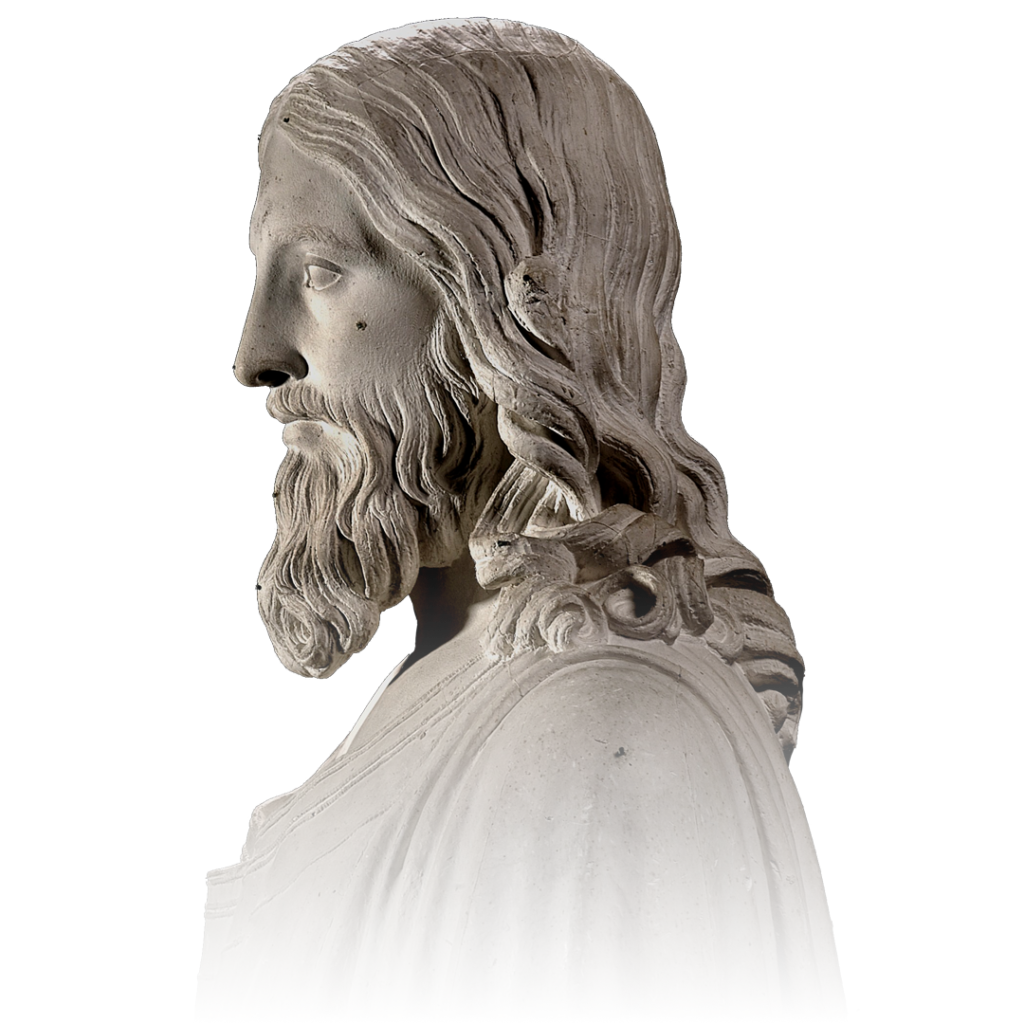
Jesus among others
Should we expect the Jews and pagans from the Roman empire to have noticed Jesus?
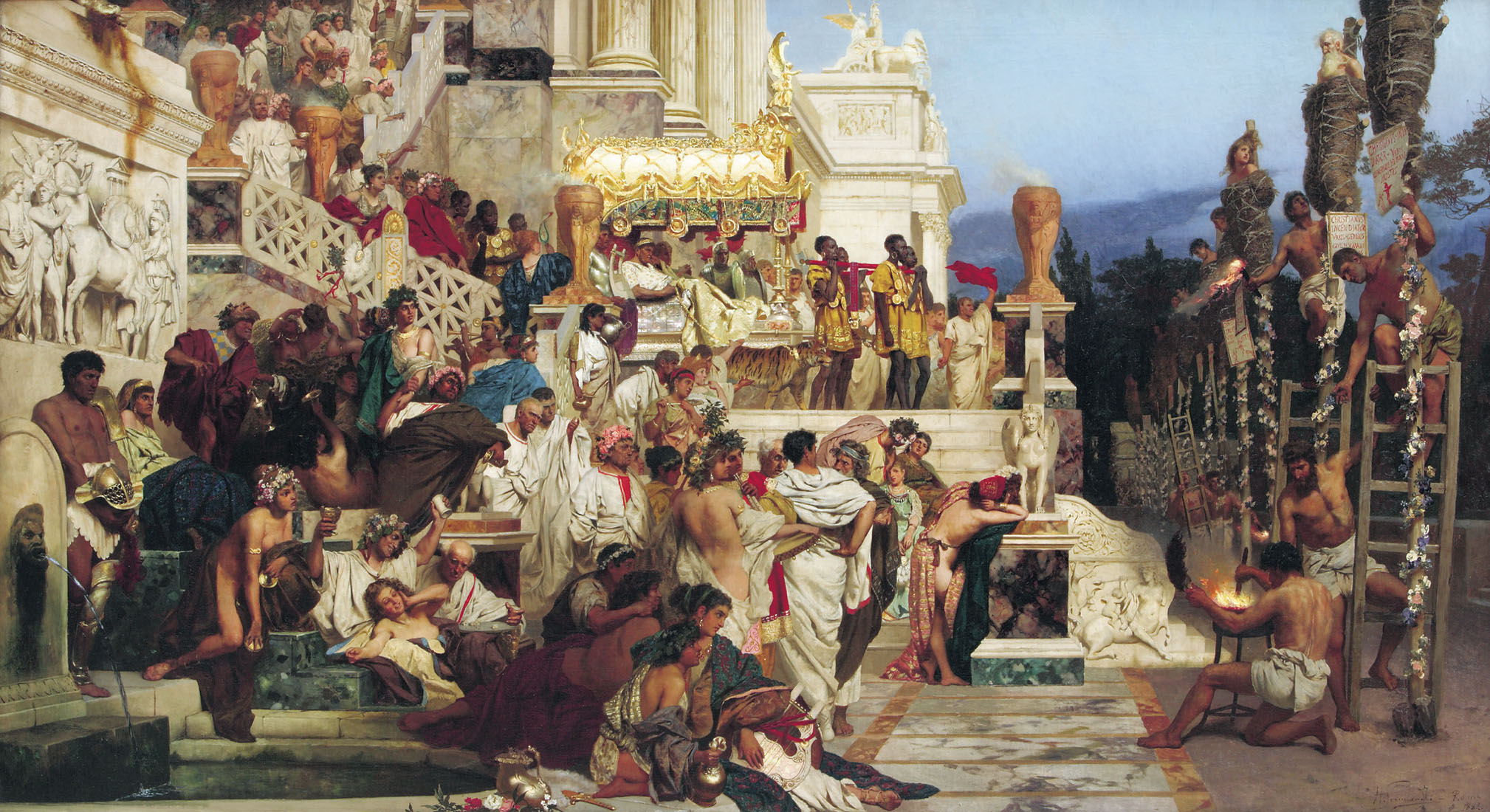
Rome
Christians were a real minority in the city of Rome, where it was already saturated with many religions7:
- 0.15% by 100 CE
- 0.8% by 150 CE
- 4.2% by 200 CE
A couple of them end up being martyred.
Despite that, a few Greco-Roman authors did mention Jesus.
Jews
The 1st century CE Palestine was already saturated with many religious and political movements that seek for new followers8.
Not everyone was in close contact with the original disciples.
With so few interactions with the outside Roman world, we cannot expect a ton of records about Him.
Jesus was just ‘another voice’ among them. People who dismiss the resurrection of Jesus could ignore them as foolish. Christianity wasn’t on the radar of the Romans.
Maybe Christianity reached to them, but would they be interested? Some don’t believe in miracles, so they could just ignore it.
“Jesus was a marginal Jew leading a marginal movement in a marginal province of a vast province of Rome.”16
John P. Meier
In order word: Jesus was a poor and humble man. His disciples weren’t high-statues men. Most of his early followers are poor peasants from Galilee.
The Romans didn’t care which religion you follow, as long as you don’t disturb the societal order. Christians may have strange rituals, but they aren’t troublemakers in terms of violent riots.
Even if we had a lot more reliable evidence from antiquity, some hard atheists will still not be convinced that either Jesus existed (mythicists) or He performed miracles (materialists).
Why ignoring the Gospels?
Skeptics claim that we can’t trust the Gospels because Christians wrote them. The story could be exaggerated.
Well, the same principle applies to other ancient historical figures too, like Socrates, Caesar, Teacher of Righteousness, Muhammad, etc. Most of the useful information we have comes from their followers17.
As the agnostic scholar, Bart Ehrman said: Americans wouldn’t dismiss the accounts of the Revolutionary War or Georges Washington because it was written by devoted followers. They do contain historical information, and to reject them is based on an ideological ground, not history. The Gospels should be treated as such18.
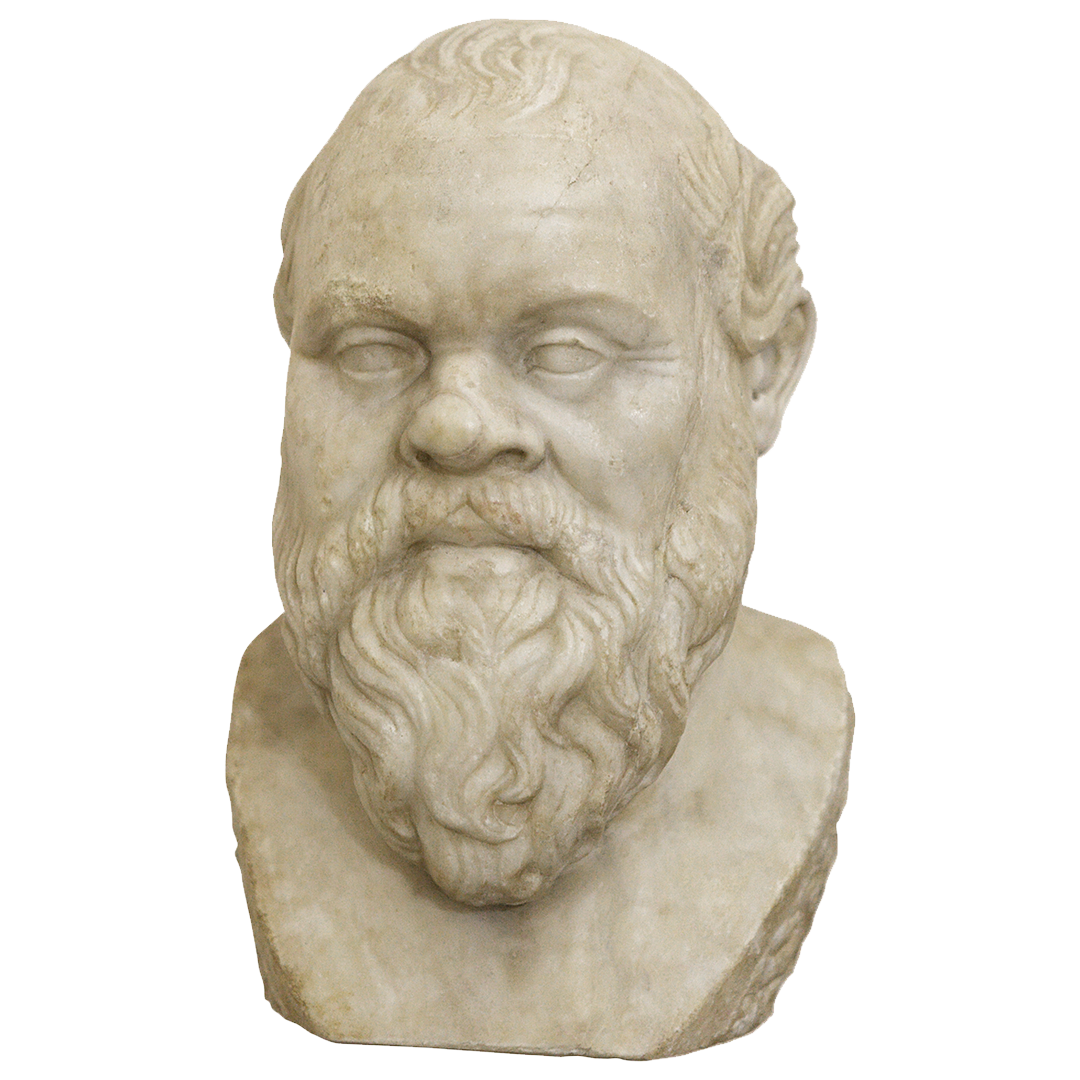
We have to remember that the first Christians didn’t have the books of the New Testament in hand, not until the late 1st century AD. The canon (selection of authoritative books) wasn’t officially set up until the 4th century AD. It is misleading to disprove Jesus’ existence by asking for non-biblical sources. There was no Bible, to begin with.
Comparing Jesus with other people
If we apply the exact same argument to any Greco-Roman figure, should we expect the same result?
- Alexander the Great don’t have any surviving biography until 400 years later
Non-Christian sources
Despite that, we still have 11+ non-Christian sources for Jesus of Nazareth. With that amount of historical data, there’s no doubt that a historical man named Jesus did exist, at the very minimum.
If we exclude the apocryphal texts (which in that case would tremendously increase the amount of evidence for a historical Jesus), we have these ten reliable sources:
- Josephus
- Tacitus
- Babylonian Talmud
- Pliny the Younger
- Lucian of Samosata
- Suetonius
- Mara bar Serapion
- Phlegon
- Thallus
- Celsus
Flavius Josephus
Josephus (37-100 CE) is a Jewish author, living after the life of Jesus.
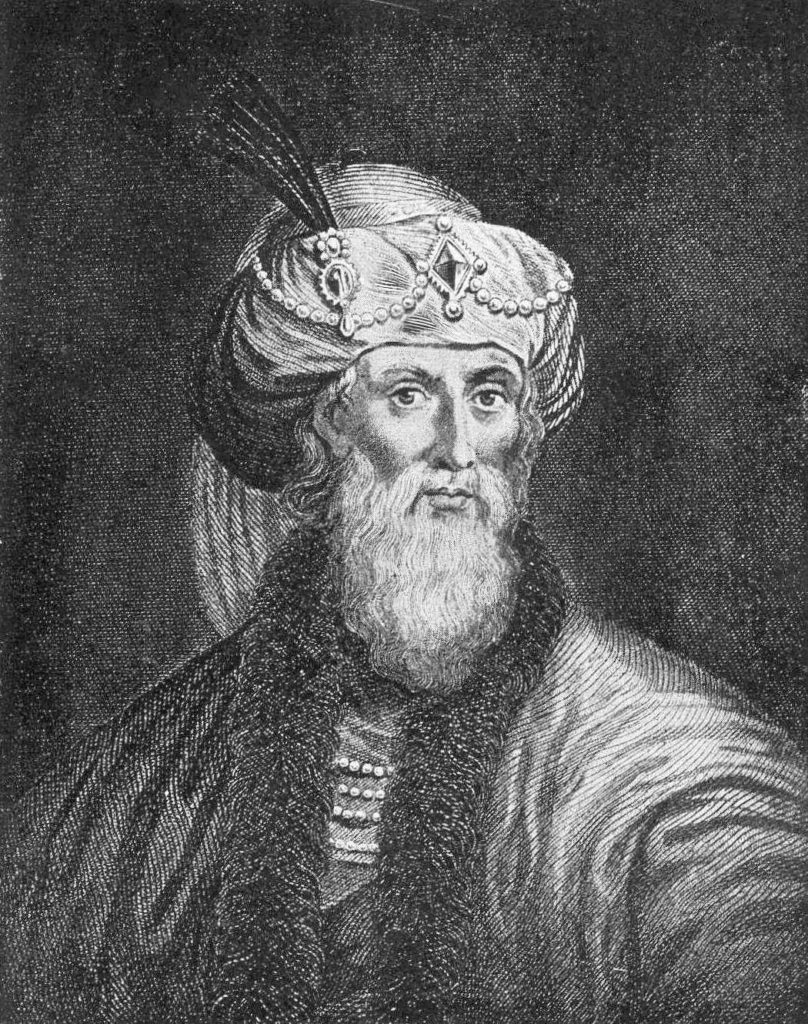
Antiquities of the Jews (93 CE)
Book 18 (chapter 3, section 3)
The controversial passages have been removed19.
“Now around this time lived Jesus, a wise man. For he was a worker of amazing deeds and was a teacher of people who gladly accept the truth. He won over both many Jews and many Greeks. Pilate, when he heard him accused by the leading men among us, condemned him to the cross, (but) those who had first loved him did not cease (doing so). To this day the tribe of Christians named after him has not disappeared”
Book 20 (chapter 9)
“So he assembled the Sanhedrin of judges, and brought before them the brother of Jesus who was called Christ, whose name was James: and some others; [or, some of his companions.]”
Not only is Jesus mentioned a 2nd time in his work, but it was also specified as well that James was a closed relative to Jesus.
Cornelius Tacitus
Tacitus (56-117 CE) is a Roman…

Annals of Imperial Rome (115 CE)
“Consequently, to get rid of the report, Nero fastened the guilt and inflicted the most exquisite tortures on a class hated for their abominations, called Christians by the populace. Christus, from whom the name had its origin, suffered the extreme penalty during the reign of Tiberius at the hands of one of our procurators, Pontius Pilatus, and a most mischievous superstition, thus checked for the moment, again broke out not only in Judea, the first source of the evil, but even in Rome, where all things hideous and shameful from every part of the world find their center and become popular.”
Babylonian Talmud
The Babylonian Talmud (70-200 CE) is …

“It was taught: On the day before the Passover they hanged Jesus. A herald went before him for forty days (proclaiming), “He will be stoned, because he practiced magic and enticed Israel to go astray. Let anyone who knows anything in his favor come forward and plead for him.” But nothing was found in his favor, and they hanged him on the day before the Passover. (b. Sanhedrin 43a)
Pliny the Younger
Pliny the Younger (61 – 113 CE)
Letter #10 to Emperor Trajan (section 7-10) (112 CE)
“They (the Christians) were in the habit of meeting on a certain fixed day before it was light, when they sang in alternate verses a hymn to Christ, as to a god, and bound themselves by a solemn oath, not to any wicked deeds, but never to commit any fraud, theft or adultery, never to falsify their word, nor deny a trust when they should be called upon to deliver it up; after which it was their custom to separate, and then reassemble to partake of food—but food of an ordinary and innocent kind.”
Lucian of Samosata
Lucian of Samosata (120 – 192 CE)
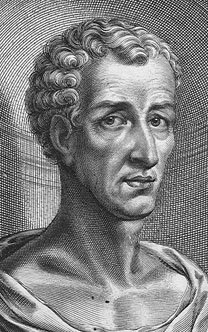
The Death of Peregrinus
“The Christians, you know, worship a man to this day—the distinguished personage who introduced their novel rites, and was crucified on that account….You see, these misguided creatures start with the general conviction that they are immortal for all time, which explains the contempt of death and voluntary self-devotion which are so common among them; and then it was impressed on them by their original lawgiver that they are all brothers, from the moment that they are converted, and deny the gods of Greece, and worship the crucified sage, and live after his laws. All this they take quite on faith, with the result that they despise all worldly goods alike, regarding them merely as common property.”
Suetonius
Suetonius (70 – 126 CE)
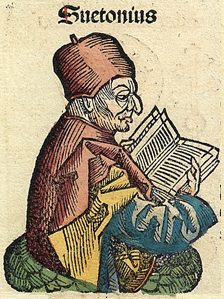
The Twelve Caesars (121 CE)
“Because the Jews at Rome caused constant disturbances at the instigation of Chrestus, he expelled them from the city.”
- “Chrestus” refers to “Christ”
- “he” refers to the emperor “Claudius”
- “the city” refers to “Rome”
The story was recalled also on the book of Acts 18:2, where Aquila & Priscilla left Rome in 49 CE.
“Punishments were inflicted on the Christians, a sect professing a new and mischievous superstition.”
The punishment was attributed to the emperor Nero, who reign in Rome from 54 to 68 CE.
Mara Bar-Serapion
Mara Bar-Serapion (1st century) wrote his letter for his son during his time in prison.
Letter to his son (73 CE)
“What benefit did the Athenians obtain by putting Socrates to death? Famine and plague came upon them as judgment for their crime. Or, the people of Samos for burning Pythagoras? In one moment their country was covered with sand. Or the Jews by murdering their wise king?…After that their kingdom was abolished. God rightly avenged these men…The wise king…Lived on in the teachings he enacted.”
Phlegon
Phlegon (80 – 140 CE)
His works are lost but it’s mentioned by Africanus & Origen.
Julius Africanus (160 – 240 CE) – Chronography 18:1
(mentioned by Eusebius’ Chronicon)
“Phlegon records that, in the time of Tiberius Caesar, at full moon, there was a full eclipse of the sun from the sixth to the ninth hour.”
Origen (184 – 253 CE) – “Contra Celsum” (248 CE)
Book #2, chapter 14
“Now Phlegon, in the thirteenth or fourteenth book, I think, of his Chronicles, not only ascribed to Jesus a knowledge of future events . . . but also testified that the result corresponded to His predictions.”
Book #2, chapter 33
“And with regard to the eclipse in the time of Tiberius Caesar, in whose reign Jesus appears to have been crucified, and the great earthquakes which then took place, Phlegon too, I think, has written in the thirteenth or fourteenth book of his Chronicles.”
Book #2, chapter 59
“Jesus, while alive, was of no assistance to himself, but that he arose after death, and exhibited the marks of his punishment, and showed how his hands had been pierced by nails.”
Thallus
Thallus (52 CE)
His works are lost, but it’s mentioned by Africanus.
“On the whole world there pressed most fearful darkness, and the rocks were rent by an earthquake, and many places in Judea and other districts were thrown down. This darkness Thallus, in the third book of his History, calls, as appears to me without reason, an eclipse of the sun.”
Celsus
Celsus (2nd century CE) was a Greek philosopher.
The True Word (177 CE)
His work is lost but was mentioned by Origen in his book “Contra Celsum” (248 CE)
“Jesus had come from a village in Judea and was the son of a poor Jewess who gained her living by the work of her own hands. His mother had been turned out of doors by her husband, who was a carpenter by trade, on being convicted of adultery [with a soldier named Panthéra]. Being thus driven away by her husband, and wandering about in disgrace, she gave birth to Jesus, a bastard. Jesus, on account of his poverty, was hired out to go to Egypt. While there he acquired certain (magical) powers which Egyptians pride themselves on possessing. He returned home highly elated at possessing these powers, and on the strength of them gave himself out to be a god.”
In summary
Just by using non-Christian sources about the life of Jesus (mostly 1st to 2nd century), we can get to these points:
- Jesus was a wise man
- Jesus was a teacher
- Jesus was crucified
- Jesus died before Passover
- Jesus suffered under Pontius Pilate
- Jesus did miracles/exorcisms
- Jesus attracted people away from their Jewish faith
- Jesus was condemned by the people
- Jesus was considered as a God
- Jesus got a virgin birth
- Jesus lived in poverty
- Jesus comes from a village of Judea
- Jesus’ earthly father was a carpenter
- Jesus could predict the future
- Jesus was resurrected & shown his marks
- Jesus had a brother named James
Early Christian sources
Apostolic Fathers
Theses 3 non-biblical Christian sources are dated within only 100 years after the crucifixion of Jesus. J. Warner Wallace estimates around 80 features that corroborated the 3 Apostolic Father’s letters with the claims of the New Testament20:
Quadratus (70-130 CE), a Christian apologist, also recorded a small glimpse of what Jesus did24.
The Epistle of Barnabas (130-138 CE) show that Jesus Christ is the fulfillment of the Old Testament law25.
Church Fathers
Two other sources from within 200 years after Jesus’ death.
- Justin Martyr
(100-165 C.E.)– Dialogue with Trypho (150 C.E.) - Irenaeus of Lyon
(130-202– Against Heresies (175 C.E.)C.E.)
Apocryphal texts
Despite having a different theology, they still contain historical facts about Jesus that corroborate with the Gospels.
- Earl Doherty, “The Jesus Puzzle: Pieces in a Puzzle of Christian Origins,” Journal of Higher Criticism 4 (1997), 69
- Philo-Judaeus, Seneca, Pliny the Elder, Juvenal, Martial, Persius, Plutarch, Justus of Tiberius, Apollonius, Quintilian, Lucanus, Epictetus, Silius Italicus, Statius, Ptolemy, Hermogenes, Valerius Maximus, Arrian, Petronius, Dion Pruseus, Paterculus, Appian, Theon of Smyrna, Phlegon, Pompon Mela, Quintius Curtius, Lucian, Pausanias, Valerius Flaccus, Florus Lucius, Favorinus, Phaedrus, Damis, Aulus Gellius, Columella, Dio Chrysostom, Lysias, Appion of Alexandria
- Timothy Freke & Peter Gandy, “The Jesus Mysteries: Was The Original Jesus a Pagan God?”, (Three Rivers Press, 1999), 134
- Trent Horn, “Counterfeit Christs: Finding the Real Jesus Among the Impostors”, (Catholic Answers Press, 2019), 46
- 8 authors of the 11 are Matthew, Mark, Luke, John, Paul, Peter, Jude & James, written within 60 years after the crucifixion. The three others are the Apostolic Fathers, written within 100 years: Clement, Ignatius & Polycarp.
- Craig Keener, “Christobiography: Memory, History, and the Reliability of the Gospels”, (Grand Rapids, MI: Eerdmans, 2019), 3
- Rodney Stark, “The Triumph of Christianity: How The Jesus Movement Became The World’s Largest Religion”, (New York: HarperOne, 2011), 162
- R.A. Horsley and J.S. Hanson, “Bandits, Prophets, and Messiahs: Popular Movements at the Time of Jesus”, (San Francisco: Harder & Row, 1985)
- Simon bar Kokhba, Simon Magus, Simon bar Giora, Dositheos the Samaritan, Jesus (son of Ananus), Theudas, The Egyptian, Judas the Galilean, Menahem (son of Judas the Galilean)
- Justin Martyr, “Dialogue with Trypho”, 10.3; 90.1
- Bart D. Ehrman, “How Jesus became God: the exaltation of a Jewish preacher from Galilee”, (New York: HarperCollins, 2014), 116
- Craig S. Keener, “Miracles: the credibility of the New Testament accounts”, (Baker Academic, 2011), 27
- Martin Hengel, “Studies in Early Christology”, (Edinburgh: T and T Clark, 1995), 363
- Celsus, Lucian of Samosata
- Justin Martyr, “Dialogue with Trypho”, 10.3; 90.1
- John P. Meier, “A Marginal Jew”, 1:56
- Craig S. Keener, “Christobiography: Memory, History, and the Reliability of the Gospels”, (Grand Rapids: Eerdmans, 2019), 3
- Bart D. Ehrman, “Did Jesus exist? the historical argument for Jesus of Nazareth”, (New York: HarperOne, 2012), 73-74
- The works of Josephus have been edited over time, and some texts were added during the redaction of the copies. This neutral reconstruction follows closely the one proposed by John Meier, “A Marginal Jew: Rethinking the Historical Jesus: The Roots of the Problem and the Person”. Some suspicious passages here have been removed.
- J. Warner Wallace, “Cold-Case Christianity: a homicide detective investigates the claims of the Gospels”, (David C Cook, 2013), 216-223
- The Epistles of Ignatius to the Magnesians, Ephesians, Romans, Smymeans, Philadelphians, Polycarp (105 – 108 CE)
- The First Epistle of Clement to the Corinthians (70 – 96 CE)
- The Epistle of Polycarp to the Philippians (110 – 140 CE)
- Eusebius, “History of the Church”, 4.3.1-2
- Epistle of Barnabas, 5
- …First, concerning the cup: We thank you, our Father, for the holy vine of David Your servant, which You made known to us through Jesus Your Servant; to You be the glory forever. And concerning the broken bread: We thank You, our Father, for the life and knowledge which You made known to us through Jesus Your Servant; to You be the glory forever. Even as this broken bread was scattered over the hills, and was gathered together and became one, so let Your Church be gathered together from the ends of the earth into Your kingdom; for Yours is the glory and the power through Jesus Christ forever.
- But after you are filled, thus give thanks: We thank You, holy Father, for Your holy name which You caused to tabernacle in our hearts, and for the knowledge and faith and immortality, which You made known to us through Jesus Your Servant; …